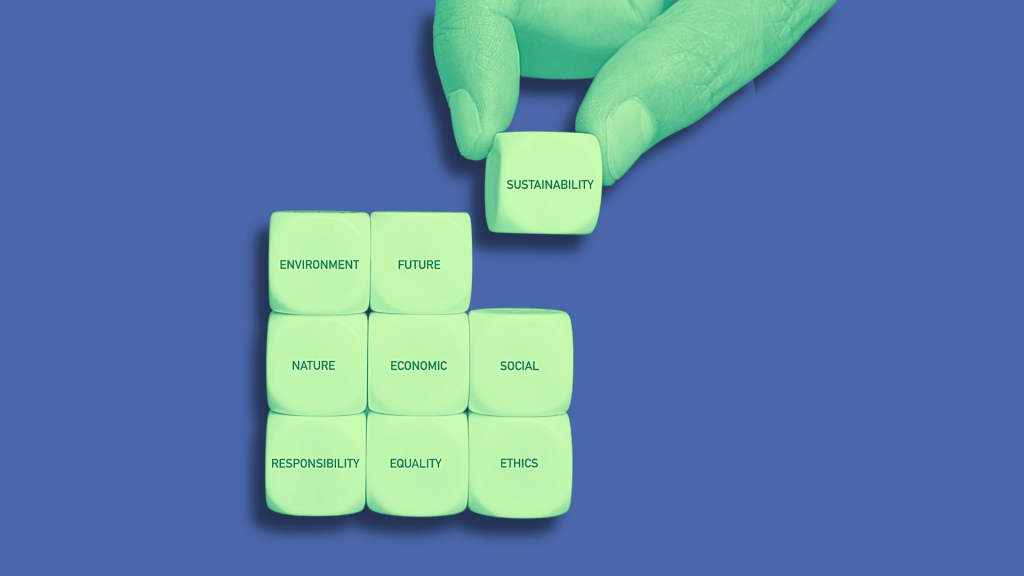For too many firms corporate sustainability is itself not a sustainable endeavor. Corporate sustainability initiatives are blossoming around the world. While some firms have built robust infrastructures around their efforts, other firms struggle to do so, making their engagement a short-lived endeavor. In other words, corporate sustainability is itself often not sustainable enough to create […]
posts
Making the case for and against and beyond Friedman in 2020
September 13th marked the 50th anniversary of the publication of Milton Friedman’s famous New York Time Magazine essay entitled “The Social Responsibility of Business Is to Increase Its Profits”. This has occasioned a slew of testimonials and opinion pieces on Friedman’s legacy in general and the legacy of this free market manifesto in particular.
Making the case for and against and beyond Friedman in 2020: On the anniversary of Friedman’s “The Social Responsibility of Business Is to Increase Its Profits”
September 13th marked the 50th anniversary of the publication of Milton Friedman’s famous New York Time Magazine essay entitled “The Social Responsibility of Business Is to Increase Its Profits”. This has occasioned a slew of testimonials and opinion pieces on Friedman’s legacy in general and the legacy of this free market manifesto in particular. Not surprisingly, […]
Is Tourism an Essential Industry?
Can it really be true that we don’t need to travel? The COVID-19 pandemic has dramatically highlighted those workers and industries which we rely on in a time of crisis such as this – and those which we don’t. In a world in which doctors and nurses work extended hours to ensure our vulnerable citizens get […]
Different pathways to sustainability standard adoption
How local norms may be able to help drive the spread of voluntary programs – the case of the RSPO in Japan. There has been an explosion in voluntary programs targeting value chains’ negative social and environmental impacts (Green, 2013). Working across boundaries, however, is challenging, and requires bridging different business cultures and moral expectations. […]
Supplier perspectives on social responsibility in global value chains
Worldwide there is now a search for new ideas, business models, and innovations that can help us in rebounding from the global impact of COVID-19 and bring our planet and world onto a more sustainable future trajectory. One of the areas where this is evident is sustainability in global value chains where we have seen […]
The rise of social media bots – how do they work, and how can you spot them?
Bots and their impact on online conversations is rapidly becoming an important problem on social media. If we look at the conversation around the current Coronavirus pandemic, somewhere between 45% to 60% of the accounts on Twitter that promoted disinformation were identified as bots, in the anti-vaccine debate researchers have found that bots are used to “weaponize” online health […]
Building a better planet: Toward a sustainable post-COVID-19 society
Covid-19 has dominated policy thinking across the world for several months – highlighting our vulnerability to unexpected threats, the fundamental reality of global interdependence, the critical role of science and data, and the value of collaborative efforts in response to a common challenge. And when the short-term public health crisis abates, the middle-term focus will […]
Small, yet important – and still responsible. Reflections on SMEs and social responsibility in times of Covid-19
One thing seems to be clear by now – that we are all challenged by the effects of the Covid-19 pandemic. This includes all enterprises, large as well as small firms. As states and individuals, also SMEs (Small and Medium-size Enterprises) need to figure out how to respond. SMEs constitute the vast majority of enterprises […]
How the pandemic can reset cities and transform aspects of urban mobility
Cities are hard and complex systems. With their defined policies, grids and routes, they offer limited space for experimentation, with a low threshold for any type of interference to their regular flow. To test and prototype[1] in the urban, besides dealing with regulatory procedures, require clear indications of the positive impact those tests might bring. Thus, […]








